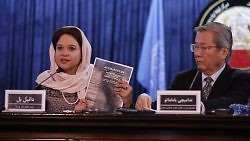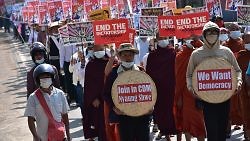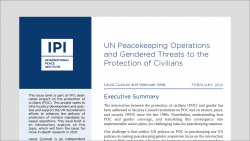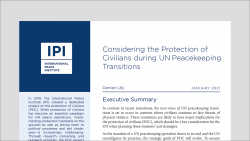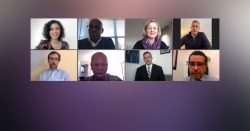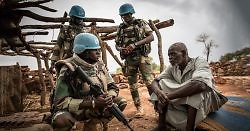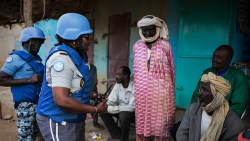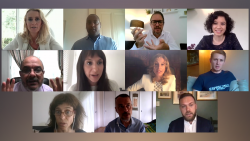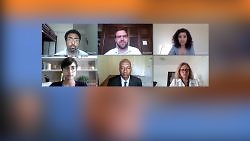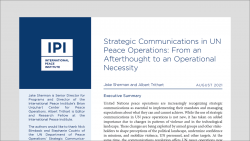
United Nations peace operations are increasingly recognizing strategic communications as essential to implementing their mandates and managing expectations about what they can and cannot achieve. This has led them to ramp up their communications capabilities and shift their approach away from the traditional top-down, one-way model of communication. Nonetheless, missions continue to face obstacles in […]
Read more